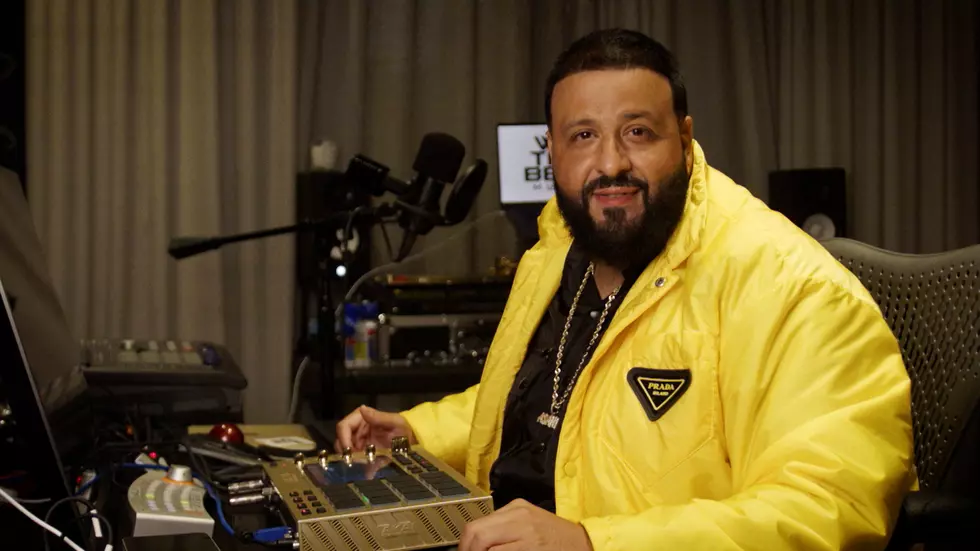![107 Jamz Celebrates Black History Month – Today In Black History February 15th [VIDEO]](http://townsquare.media/site/160/files/2013/02/Marcus-Garvey-in-1924-Youtube.png?w=980&q=75)
107 Jamz Celebrates Black History Month – Today In Black History February 15th [VIDEO]
This Black History month we salute African American who made American history.
On this day in black history in 1804, New Jersey began the process of abolishing slavery.
On February 15th in 1948 on this day Sarah Roberts was barred from a white school in her hometown of Boston. Her father, Benjamin Roberts, filed the first school integration suit on her behalf known as Roberts v. Boston. The lawsuit would be the first of it's kind seeking to end racial discrimination in Boston public schools. However, the Massachusetts Supreme Judicial Court ruled in favor of Boston, finding no constitutional basis for the suit. This matter would later go before the US Supreme Court in a separate case Plessy v. Ferguson, which established the "separate but equal" law.
Black and white abolitionists invaded Boston courtroom on February 15, 1851 and rescued Shadrach Minkins a free man of color being forced into slavery. Here is his story.
Henry Lewis broke racial barriers on this day in 1968, when he was named director of the New Jersey Symphony. He became the first Black conductor and music director of a major American orchestra. He also was the first African-American to conduct at New York's world-famous Metropolitan Opera.
Born Oct. 16, 1932, in Los Angeles, he began studying piano at five and later played the clarinet and several string instruments. At age 16, he became a double-bassist with the Los Angeles Philharmonic Orchestra and for the Seventh Army Symphony, which he also conducted in Germany while serving in the military overseas. Lewis founded the Los Angeles Chamber Orchestra after his discharge, but gained national recognition in 1961 when he was appointed assistant conductor of the Los Angeles Philharmonic Orchestra.
When Lewis joined the New Jersey Symphony, it was a small community ensemble. He transformed it into a major orchestra, with "a $1.5 million budget, a 100-concert season and a glow of prestige that took it to Carnegie Hall, the Kennedy Center in Washington and other famed halls," according to The New York Times.
After a career that spanned 47 years, Lewis died on Jan. 29, 1996, at age 63.
More From 107 JAMZ




![Celebrating New Editions Movie Biopic Release With My First Memory Of Becoming A Fan [VIDEO]](http://townsquare.media/site/160/files/2017/01/GettyImages-172049592.jpg?w=980&q=75)

![Twin Explosions at Boston Marathon Finish Line [UPDATED]](http://townsquare.media/site/241/files/2013/04/Boston-Marathon-explosions1.png?w=980&q=75)
![D’Angelo Performs For The 1st Time In The US In 12 Years [VIDEO]](http://townsquare.media/site/160/files/2012/06/d1.png?w=980&q=75)

